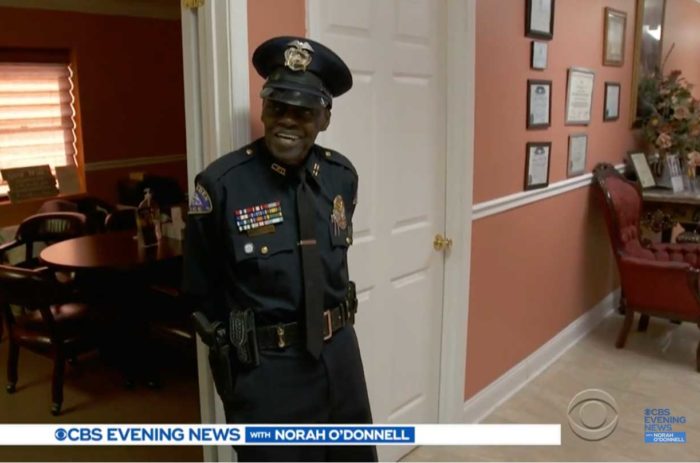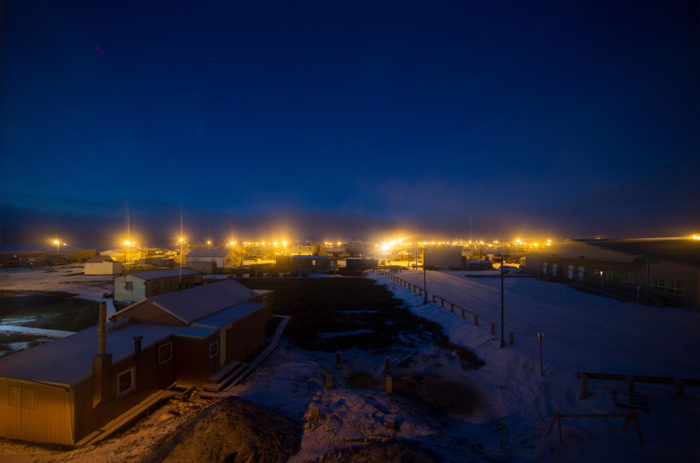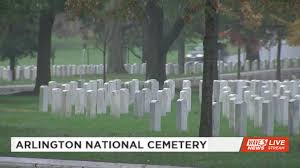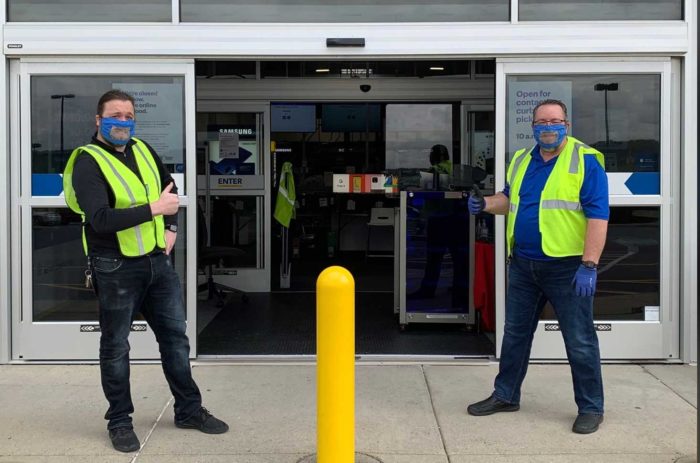5-Year-Old Sets U.S. Half-Marathon Record
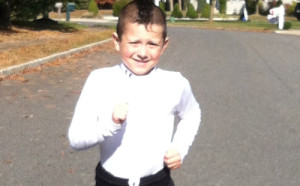
5-year-old Anthony Russo
A 5-year-old Jackson, New Jersey boy has become a record holder after running his first half-marathon.
Anthony Evan Russo ran the Trenton Half Marathon in 2:22:25. That was about 40 minutes faster than the record time for a 5-year-old in a 13.1 mile race.
He started running at the age of four and his mother is his training partner.
Olivia Russo says, “I’d much rather him out running than sitting by the TV eating junk food.”
After they started hitting the five mile mark for distances she decided to make sure the activity was not harming him.
The young Russo was cleared to do long runs by his regular pediatrician, who said as long as his training is in increments, it is totally healthy.
A sports podiatrist also says the long distances are OK for the young boy but said the boy should not participate in a full marathon.
Mom says that’s fine with her since she would have to do the run with him.
Russo also wrestles and plays football.
Runner in Missouri Marathon sets knitting record
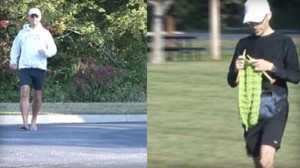
David Babcock broke the Guinness world record for longest scarf knitted while running a marathon on Oct. 19, 2013. (KCTV)
On October 19th, a University of Central Missouri graphic design professor has knitted his way into the record books while running the Kansas City Marathon.
The Kansas City Star reports that David Babcock finished the marathon in 5 hours, 48 minutes and 27 seconds. Knitting experts measured the scarf he created along the route at just more than 12 feet long.
The Guinness scarf-knitting-while-running-a-marathon record was previously held by Susie Hewer, who runs to raise money for Alzheimer’s disease research. She knitted a 6 foot, 9 inch scarf at the London Marathon in April.
Like Hewer, the 41-year-old Babcock hopes that people will donate to the Alzheimer’s Association. Babcock began running and knitting as separate activities about three years ago. He decided to combine them to keep things interesting.
United States gives the $100 bill a makeover
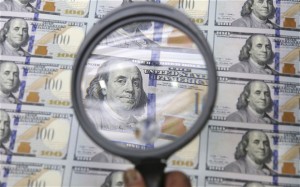
The new note has a blue holographic security ribbon running next to the portrait of Benjamin Franklin (Photo: AP)
A glitzier, high-tech version of America’s $100 bill is rolling off the presses.
Despite years of production-related delays, the updated $100 bill has undergone a major makeover that includes a color-changing ink well, 3-D security ribbon, and more texture on Benjamin Franklin’s collar.
The new, more expensive C-note also has a higher calling: It aims to fight back against counterfeiters by using better printers and technology.
The modifications will help people check for fake $100s without going to a bank or using a blacklight, said Michael Lambert, a deputy associate director at the Federal Reserve.
“We try and find security features that can be used at a number of different levels, from more experienced cash handlers … down to the person on the street who really needs to know the security features so they can protect themselves,” Lambert said in an interview October 2nd.
The new $100 bill still bears the image of Franklin, one of America’s Founding Fathers. But it adds part of the Declaration of Independence, written in script from Franklin’s left shoulder to the right edge of the bill. A quill and an ink well are printed behind the text, and a blue ribbon goes down near the center of the bill.
The ink in the well changes colors from copper to green when the bill is turned. A watermark of Franklin also appears on the right side of the bill when it’s held up to light.
The Federal Reserve said in its latest currency budget that it would order 2.5 billion new $100 bills this year. Lambert estimated each new bill costs about 4 cents more to print than the old one, totaling an additional $100 million in costs this year.
The Fed also budgeted about $9.5 million this year for its education program, which includes global outreach efforts about the new note.
The government has redesigned the $5, $10, $20 and $50 bills during the last decade to add security features. The $1 remains the only bill not to get a makeover.
At a federal facility in Fort Worth, Texas, 32-bill sheets of money paper are printed, stamped with serial numbers and sliced into individual notes. The notes are sorted into piles 100 deep, banded together and eventually stacked into 4,000-note bricks worth $400,000. Those bricks are then shipped to Federal Reserve banks across the United States for distribution.
A multi-step printing process leaves the bills with their distinctive colors and texture. The process takes place under tight security inside a secluded facility several miles north of downtown Fort Worth. Several checkpoints stand between the facility’s gated entrance and the printing floor, where dozens of overhead security cameras watch the process.
New World Trade Center skyscraper named tallest building in the US
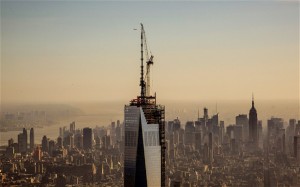
The spire for the top of One World Trade Center is hoisted into place at the top of the building in New York, bringing the iconic structure to its full, symbolic height of 1,776 feet (Photo: EPA)
The skyscraper at New York’s World Trade Center has been designated the tallest building in the United States by virtue of its spire, surpassing Chicago’s Willis Tower, the Council on Tall Buildings and Urban Habitat has said.
The council’s Height Committee ruled the mast atop the building known as One World Trade Center was a spire and therefore a permanent feature of the buiding, rather than an antenna, which would be considered functional equipment and subject to change.
With the spire, One World Trade Center reaches 1,776 feet compared with 1,451 feet for the Willis Tower, formerly known as the Sears Tower. Counting its antena, the Willis Tower reaches 1,729 feet.
The council’s Height Committee convened a group of 25 architects, engineers and facade consultants from around the world on Nov. 8 to consider the issue, and ultimately decided the mast is a spire, the council said.
Because One World Trade Center is still incomplete, its designation will become official once the building is occupied in 2014, the council said. It is one of four skyscrapers planned at the site that had been destroyed by the attacks of Sept. 11, 2001.
It would then become the third largest building in the world after Dubai’s Burj Khalifa at 2,717 feet and the Makkah Royal Clock Tower in Mecca, Saudi Arabia, at 1,972 feet.
However, four other buildings under construction in China and one in South Korea would be taller than One World Trade Center, according to Emporis, a database for building information.
From Fox5 NY and The New York Post, CBS News and London’s Daily Telegraph.
